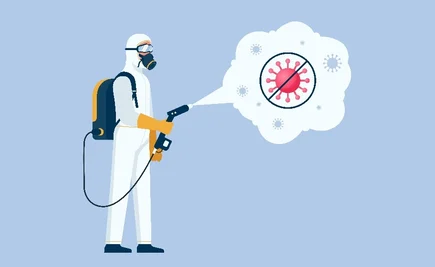It may seem that the more information society gets the cleaner we may become. This will mean that the more the food allergies will persist and more people will become allergic to so many different things.
There are going to be problems of allergies that are going to be much higher in the developed countries than in the lesser-developed areas. The numbers are going to be increased as industrializations spreads through the world.

Because of the hygiene hypothesis the more modern methods of cleaning and sanitizing can help get rid of germs. The body will take care of it through the natural immune system like it does not have enough to do each day.
With children sometimes the immune system does not develop the way that it should. Since allergies are an join incorrect response of the immune system, childhood and adult allergies have become bigger problems in most.
There are studies that will show the common allergic disease like hay fever, eczema and other food allergies that are found less often in children from larger families.click
There are agents that are germs that are going to be shared by brothers and sisters that are helpful here to the immune system. It will help that the immune system will learn what it is supposed to do in order to protect our bodies from.
There are antibiotic uses during a baby’s first year and the growing use of antibacterial site cleaning products has also been linked to an increase in asthma and other types of allergies today.
The hypothesis of hygiene can explain to us that the antibacterial cleaning products and antibiotic drugs will limit our immune system’s exposure to infectious diseases, parasites and other harmful bacteria.
These things will hold the immune system back with its development. This is because of the lack of dirt and germs that the immune system does not learn what it should link in order to protect the body from. This is going to allow it to go after other things that are not going to be good for the body and it can cause a problem with an allergy in just about anyone.